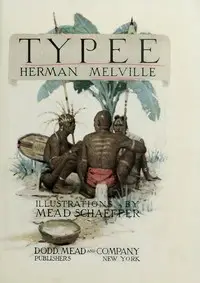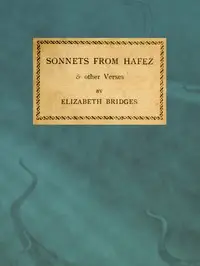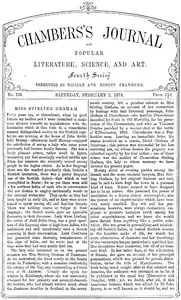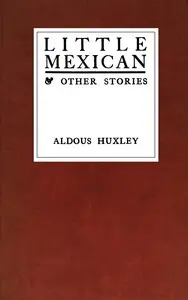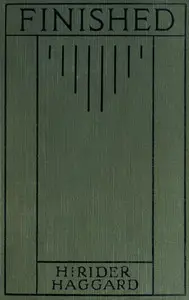"Moby-Dick; or, The Whale" by Herman Melville is a novel written in the mid-19th century. The book explores themes of obsession, vengeance, and humanity's relationship with nature through the experiences of its central character, Ishmael, who embarks on a whaling voyage aboard the Pequod, captained by the enigmatic and vengeful Ahab. The opening of "Moby-Dick" introduces Ishmael, who shares his existential musings and the reasons for his desire to go to sea. He portrays the bustling port city of New Bedford, highlighting the magnetic pull of the ocean on the hearts of men. As he prepares for his journey, Ishmael reflects on his own internal struggles and motivations, ultimately leading him to desire adventure in the whaling industry. He arrives in New Bedford, confronts the challenges of finding a place to stay, and has a rather amusing encounter with the landlord and an unexpected harpooneer, setting the stage for his subsequent adventures at sea. (This is an automatically generated summary.)

Moby-Dick; or, The Whale
By Herman Melville
Project Gutenberg eBook #15 is believed to have the highest quality of the three editions of this eBook in the Project Gutenberg collection. #2701 and #2489 are the others. In addition, there is a computer-generated audio eBook, #9147, and a human audio performance, #28794.
Herman Melville was an American novelist, short story writer, and poet of the American Renaissance period. Among his best-known works are Moby-Dick (1851); Typee (1846), a romanticized account of his experiences in Polynesia; and Billy Budd, Sailor, a posthumously published novella. At the time of his death Melville was not well known to the public, but 1919, the centennial of his birth, was the starting point of a Melville revival. Moby-Dick eventually would be considered one of the great American novels.


